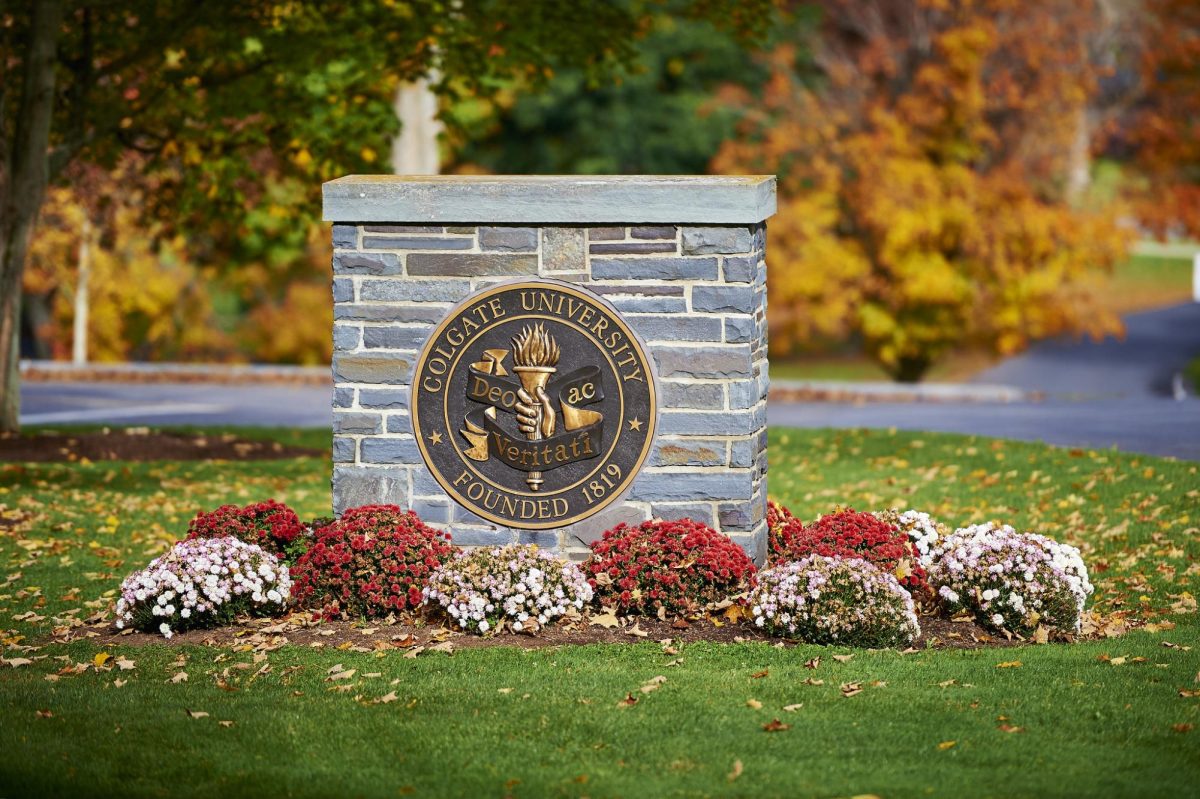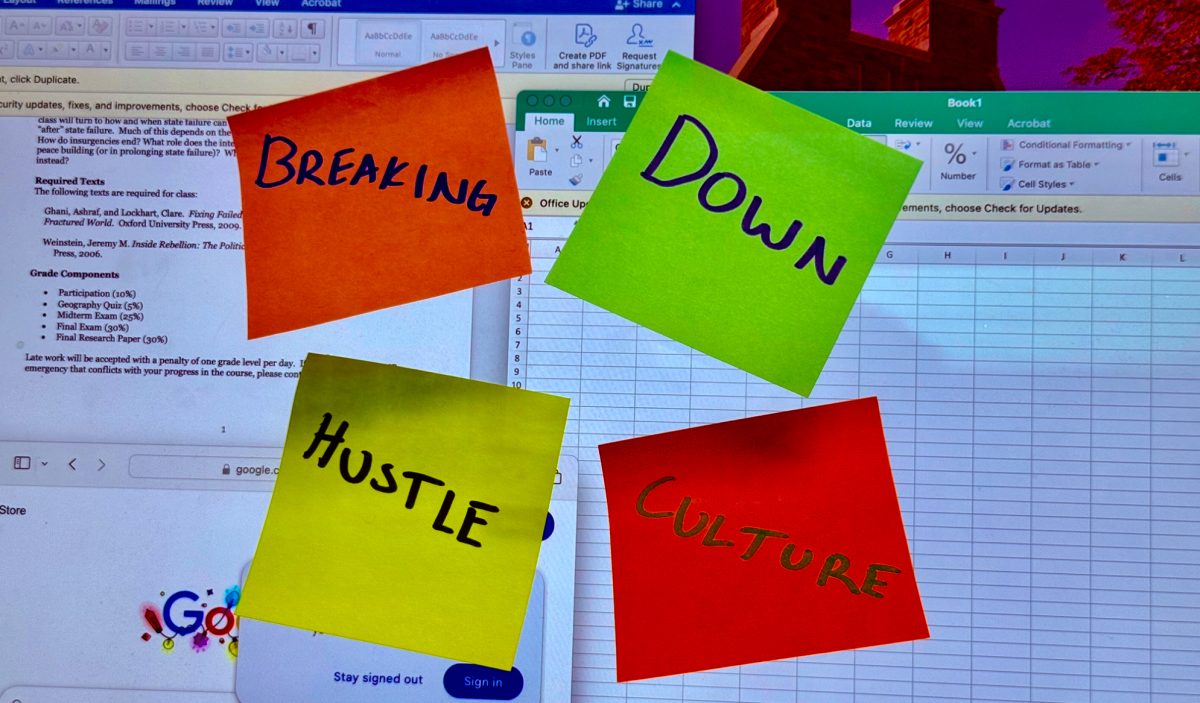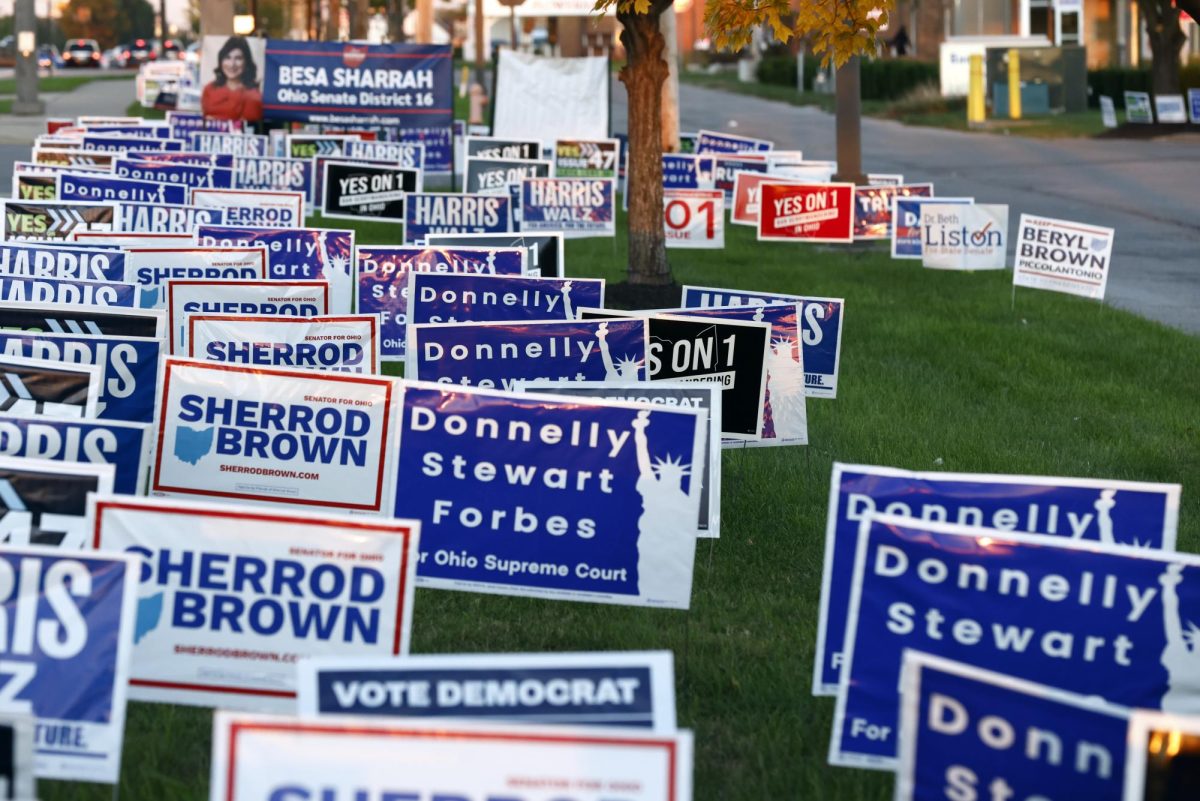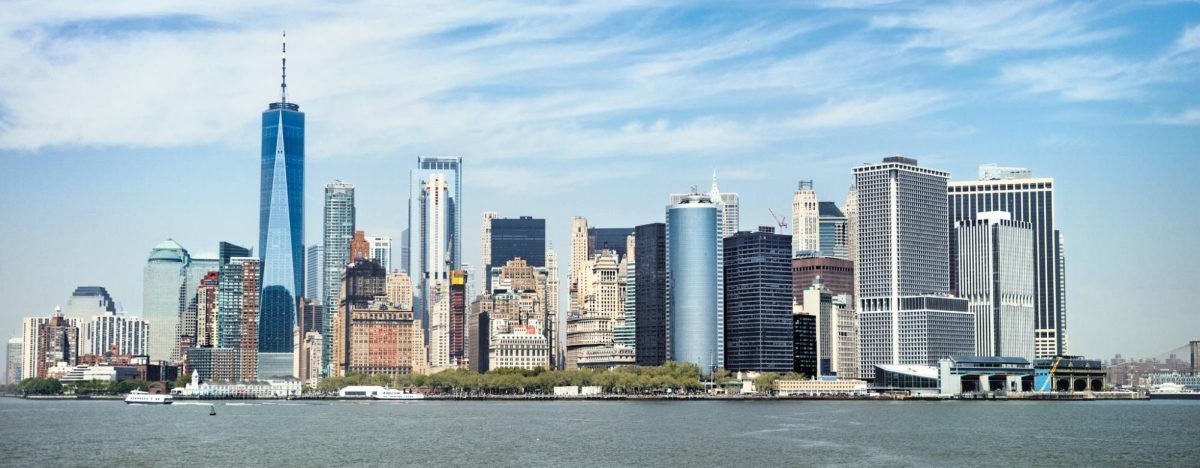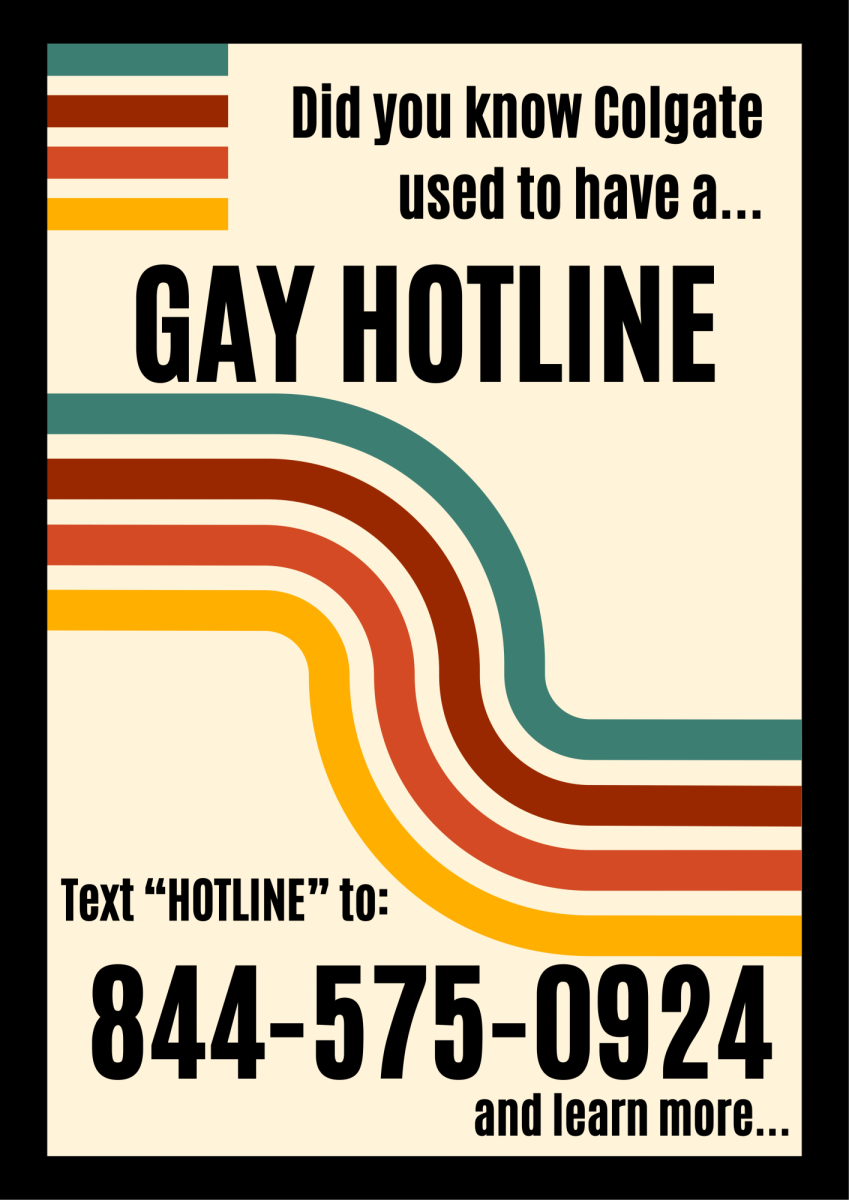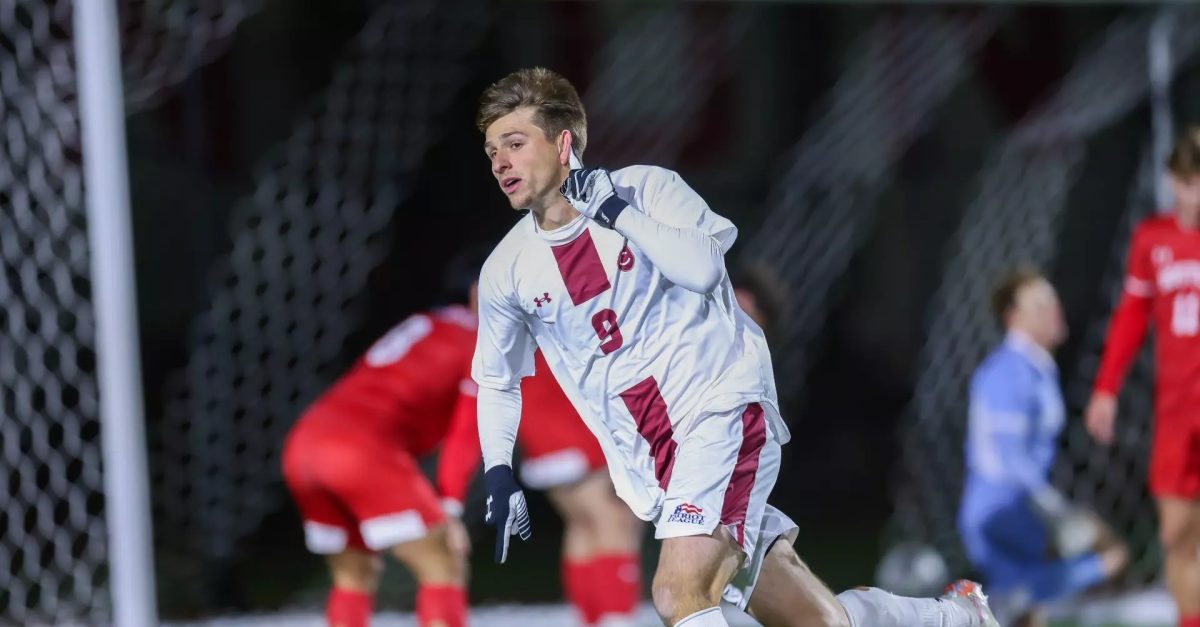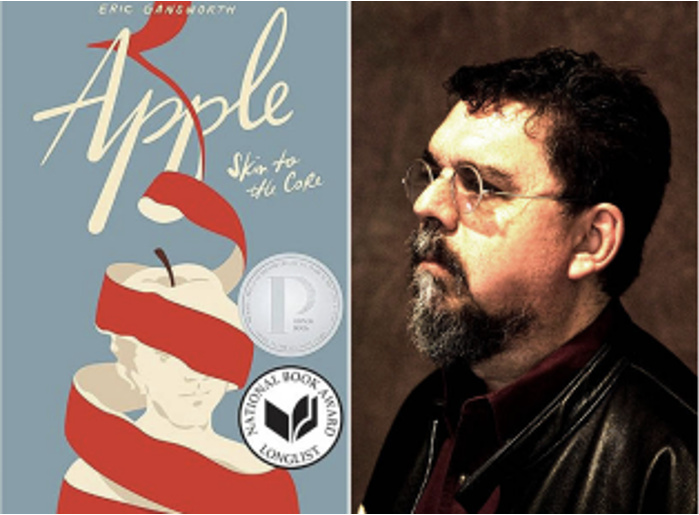From the very beginning of this year’s Spring semester at Colgate University, it has felt as if I’ve been surviving rather than just existing. I’ve never felt more troubled by partaking in the most routine activities, like walking to my dorm at night or attending large gatherings. I’ve experienced heightened mental turmoil when considering what could happen if I leave my room unlocked or wear something perceived as provocative but is merely an article of clothing I feel confident and comfortable in. Colgate, to me, has morphed into a dystopian milieu, and I believe the cause for this disturbing conclusion is a social culture that has become ubiquitous on Colgate’s campus. This culture has situated an endangering target on the backs of the female/fem-presenting and queer communities of Colgate.
I speak with the deepest gratitude for Colgate. This University has provided me with valuable tools in which I can actualize my highest potential as an individual. I’d never take these opportunities for granted, but I’m concerned by the recent incidents and social climate I’ve experienced while here. Especially as a queer woman of color with three more years on this campus, I’d want to spend these critical years in a space where my intersecting identities are welcomed and respected.
Since coming back from winter break, Colgate’s community has been aware of very serious dangers on its campus. It all began with an email sent on Jan. 23, which relayed to students that they should start locking their doors. This began the lingering feelings of unsafety on this campus. Senior Elli Ament embodied this sentiment perfectly in her piece, “Colgate Doesn’t Feel Safe Anymore.” She’s absolutely right: With all of these announcements, who could blame her feelings? Alongside what I’m guessing is a sizable portion of other students, I share these fears, too. This fear becomes much more startling when accounting for the sources and targets of these break-ins. On Feb. 10, Director of Campus Safety Terri Stewart reported “an unknown male entering [a] building who was observed exposing and touching himself while entering at least two students’ rooms.” The location in which this incident occurred was one of the sorority houses on Broad Street. While the investigation is ongoing, this seems to be a clear attack on a female space by a man.
Women are constantly being targeted in the world, and universities are no exception. I hear endless stories of women being inappropriately touched during parties and being catcalled on the street, and it feels that these stories have grown exponentially since the start of the Spring semester. I don’t feel safe going to parties, leaving my room unattended or walking on campus — regardless of whether the sun or moon is up. This world has always been unsafe for women, but these recent events on campus have made this unsettling reality much more realistic to the campus community.
In addition to the female/fem-presenting communities feeling at risk, it seems the queer community has also found itself in danger. I implore readers to read “Letter to the Editor: Gay Culture as a Multidimensional ‘Issue’?”, as this piece dissects the harm of misrepresentation of gay culture and the queer community as a whole. I feel that the ongoing discussion on campus about “gay culture” has inspired the potentially disastrous spread of bigoted language around campus and across social media, especially on anonymous platforms in which derogatory comments can easily be made without “judgment” about spaces meant to be inclusive and accepting. There can be serious consequences of such deleterious rhetoric being spread throughout Colgate’s community. Once again, in a world that doesn’t prioritize the safety of LGBTQIA+ individuals, I believe that Colgate is no exception.
I condemn the ruptured social culture on this campus, as I find it disgusting and the exact opposite of ensuring a positive experience for our fellow classmates. This may not be a typical Culture & Diversity piece, but regardless of how overstated this messaging might be, it is my social responsibility to argue for what I think is important. It seems that a major group within Colgate’s culture is in danger. It is our duty to better this culture and make it a culture for all.


